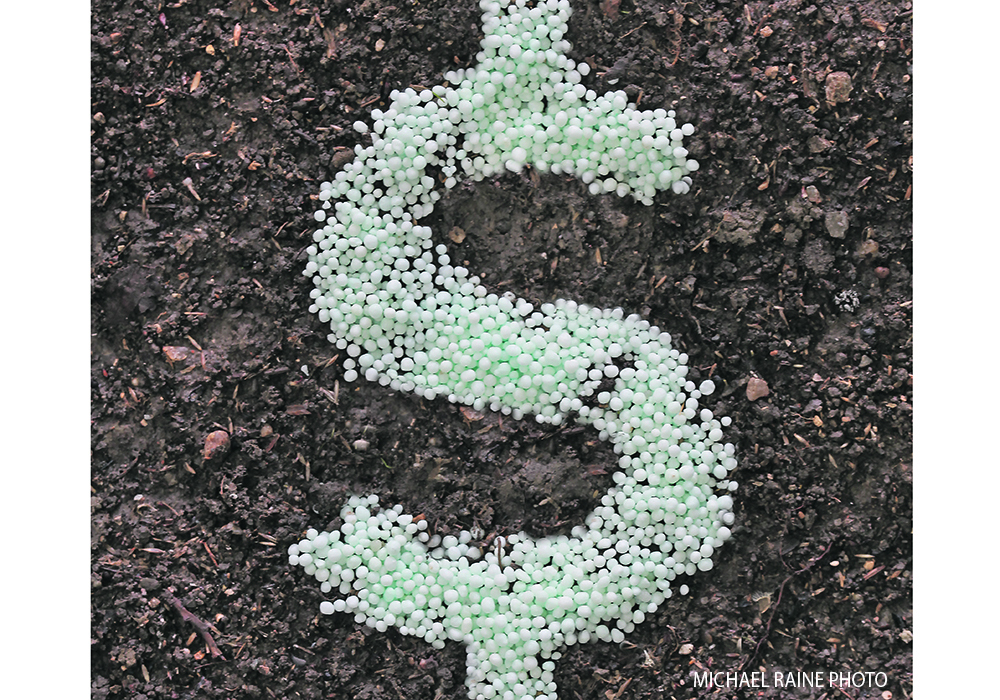The increasing attention on agriculture’s role as a nature-based climate solution and Canada’s sustainability relative to other countries highlights an important policy question for Canada.
Is Canada’s food system sustainable because of its natural resources, the way it produces food or the public and private policy environment?
In late 2021, the Economist and Barilla Foundation released its Food Sustainability Index, which ranked Canada’s food system as number 1. However, Canada was just average in many areas related to the policy environment. When it comes to opportunities for investing in sustainable agriculture, Canada achieved only a qualified yes, and was called out for not promoting private-sector investment in sustainable farming.
Read Also

Budget seen as fairly solid, but worrying cracks appear
The reaction from the agriculture industry to prime minister Mark Carney’s first budget handed down November 4th has been largely positive.
Private investments allow for more variability and innovation in approaches, which is critical in a country as diverse as Canada. Variability and innovation can also be a challenge for governments.
For example, the federal government has prioritized subsidizing on-farm practices, committing $670 million for the On-Farm Climate Action program to support adoption of best management practices, or BMP.
But the 2022 federal budget only focused on three BMPs, cover cropping, nitrogen management and rotational grazing.
A recent report by Susan Wood-Bohm highlighted the challenge of using a limited set of BMPs.
“Understanding the potential impact of strategies and BMP on helping Canada meet its longer-term climate goals is challenging, given the wide variation in their impact on soils,” she wrote.
The government is also focused on implementing a national carbon market with regulated offset protocols. While stringently regulated protocols can work well when measuring emissions from a source like a smokestack, they have not proven effective in dynamic, organic systems like agriculture.
As Canada focuses on government-led solutions, other countries are taking more innovative approaches, including working with producers and private partners to plant and grow voluntary carbon markets and encourage carbon farming.
The United States is invested $1 billion in the Partnerships for Climate-Smart Commodities, which funds pilot projects to quantify better the emission reduction and sequestration impact of practices to facilitate voluntary carbon markets.
Carbon farming has begun to translate into meaningful results for farmers. For example, Canada’s Shopify invests nine percent of its sustainability fund in ag carbon credits. However, all that support is going to American farmers where there are functioning voluntary markets.
While not a silver bullet, voluntary markets should be part of the climate change solution in Canada.
The Farm Foundation report answered the question “Where to From Here?” with four recommendations on how to help carbon farming become “the next cash crop.”
- Fill the science gaps generating uncertainty in the production of agricultural carbon credits
- Increase the transparency of the carbon farming industry and improve the credibility of agricultural carbon credits to at least a level comparable to that of carbon credits from forestry and renewable energy
- Develop and enforce minimum standards for carbon credits, promote economies of scale in the monitoring reporting and verification system, and let the market define premiums and discounts with respect to the standard
- Develop tools to manage production, price, and legal risks for participating farmers.
These recommendations highlight the critical role governments can play in voluntary markets, but there is more they can do. Canada could start by finding ways for the On-Farm Climate Action Fund to work alongside voluntary carbon markets and private carbon programs.
Given the need for action to reduce emissions and sequester carbon, there should be no debate over whether public or private support is needed. Both are essential. If Canada wants to be a policy leader and live up to its title of the most sustainable food system globally, it needs to figure out how to make them work together.
Tyler McCann is the managing director of the Canadian Agri-Food Policy Institute.















